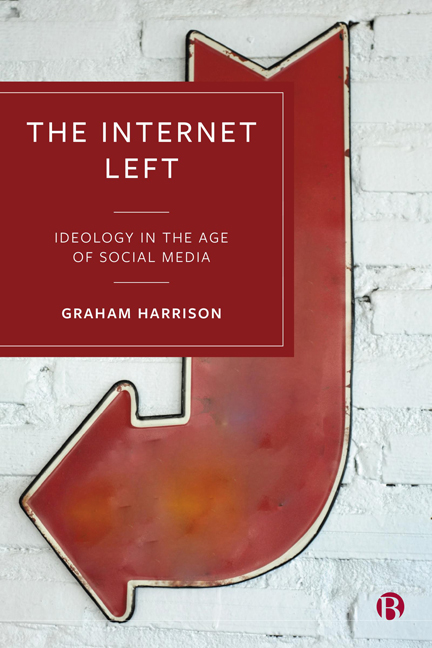Book contents
3 - ‘A Largeness of Vision and Imagination’: Marxism and Socialism
Published online by Cambridge University Press: 03 April 2024
Summary
Introduction
In the previous chapter, we argued that narratives of epochal political crisis are misleading in one particular sense: these narratives tend to portray the rise of social media as another (perhaps the key) morbid symptom of a public political discourse that is in collapse. This declinism does not care so much to identify how much energy, normativity, and discussion has emerged through social media and, inasmuch as they do, they do not treat it as analytically interesting. We identified a virtuality that we defined as PSM, in which a kind of hybridity between established protocols of political discussion (broadly deliberative) and the flat, fast, and ‘hot’ grammar of social media cohabit to generate considerable and considerably engaged political discussion. PSM enjoys the energy of social media as a technology but also broadly cleaves to a set of rules concerning political discourse that are well established and lead to the exercise of curatorial discipline.
Over the next two chapters, we will set out an agenda and analytical framework to explore PSM in detail. This requires two things in preparation. In this chapter, we will discuss the political tradition of Marxism/socialism. We will identify its properties, boundaries, and contours and offer some commentary on what makes this tradition of political thought unique and in some ways distinctively amenable to PSM. In the following chapter, we will offer an analytical framework within which one might begin to assess the nature of Marxism/socialism in PSM as a political force. We will do this by coining the notion of a proto-ideology, a concept that aims to ‘decontaminate’ the texts of social media from the noise of endless and often angry social media intercourse.
Some coordinates
Why socialism?
We have not yet made an account for our selection of a political tradition. The main reason is the author’s own political sympathies and to some degree academic specialism. The websites used as raw material in this book are those I frequently click to access news, commentary, and analysis.
- Type
- Chapter
- Information
- The Internet LeftIdeology in the Age of Social Media, pp. 32 - 57Publisher: Bristol University PressPrint publication year: 2023



